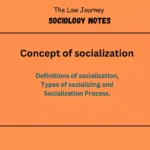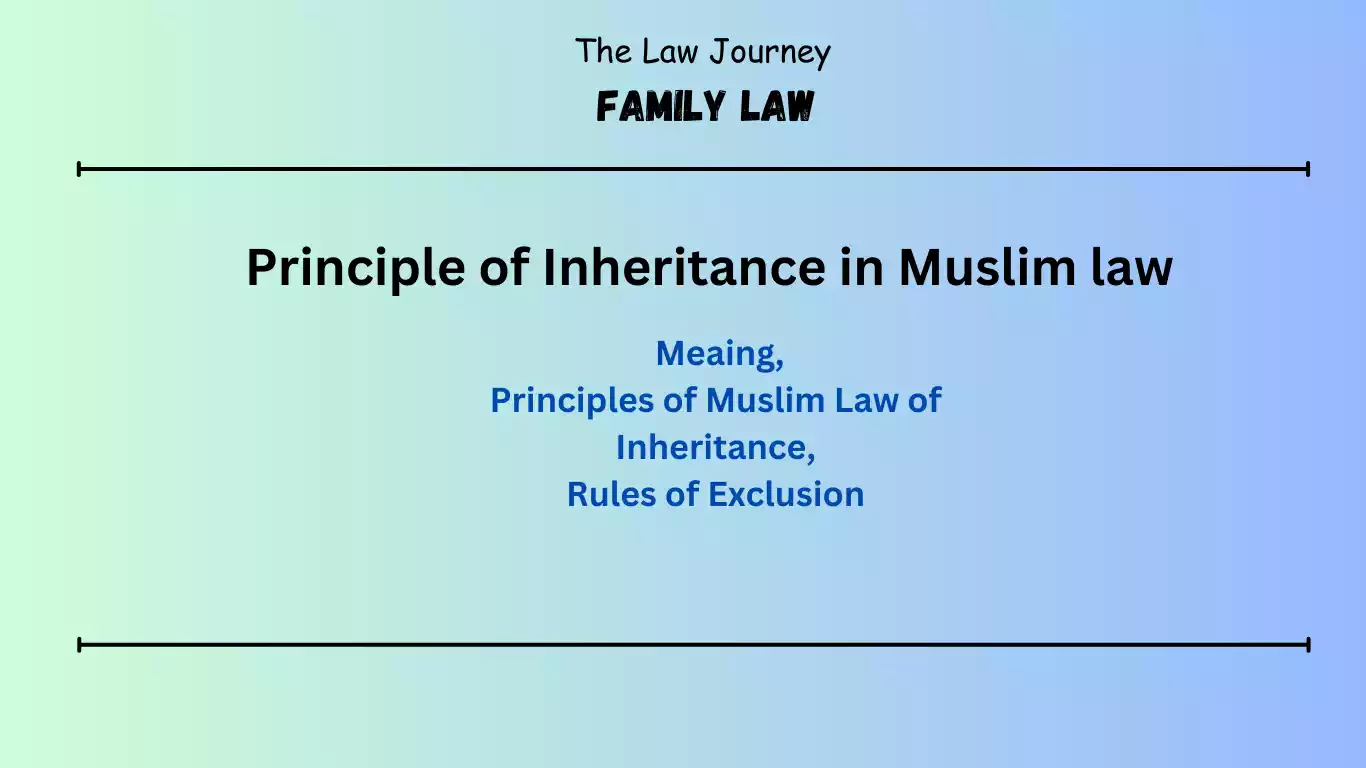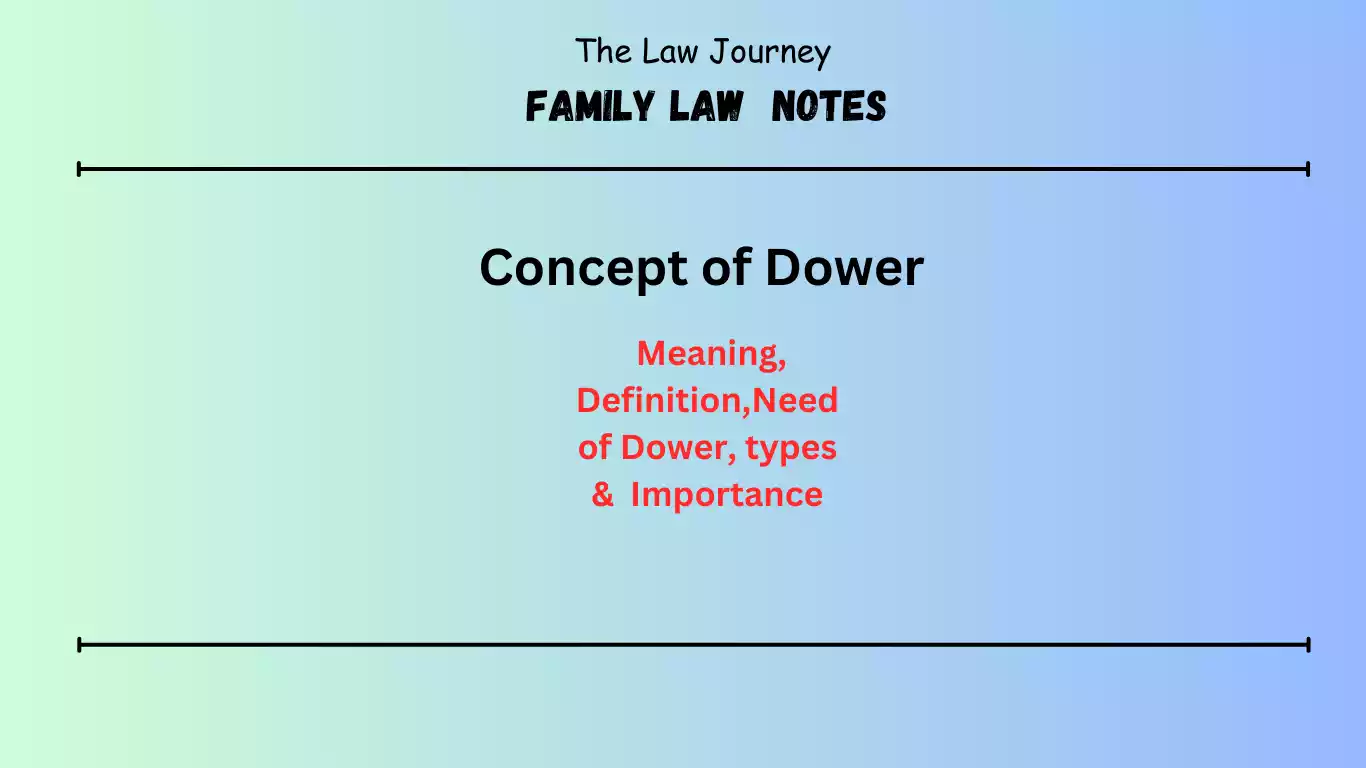Property- Funeral Expenses – Govt. Dues- Unpaid Debt- Will = Inheritable Property

Principle of Inheritance in Muslim Law is peculiar in the sense that the scheme of Distribution has been framed in such a manner that besides specifying the Respective Shares of the legal heir, it has also made provision for the Conflicting claims of other Relative shares of the legal heir, it has also made Provision for the Conflicting Claims of other relatives of a deceased. A Reasonable Balance has been Maintained Between the nearness of the Heirs and the Amount of their shares in the Property of the Deceased. Although the Muslim Law of Inheritance may appear to be a Complex infra-structure of Devolution of the Estates yet, in itself, it is Comprehensive, logical and Complete in all respects.

Principles of Muslim Law of Inheritance

1. Nature of Inheritable Property- For the Purposes of Inheritance, Muslim Law does not make any Distinction between Corpus and Usufruct or between movable and Immovable or Corporeal or Incorporeal Property. Any Property which was in the Ownership of the Deceased at the Moment of his death may be the Subject Matter of Inheritance.
2. Joint or Ancestral Property- Under Muslim law of Inheritance, no Distinction has been made between self-acquired and Ancestral Property. All Properties, whether acquired by a Muslim Himself or Inherited by his Ancestors are regarded as an Individual Property and may be inherited by his legal heirs. The Concept of a Joint Family or Corpancery Property is not known to Muslims. Whenever a Muslim dies, his properties devolve on his heirs in Definite Share of which each Heir Becomes an Absolute Owner.
3. No Birth Right- Inheritance Opens only after the death of a Muslim. No person may be an heir of a Living Person. (Nemoest Haeres Viventis) Therefore, unless a person dies. His heir has no Interest in his Properties. Unless a person dies, his relatives are not his legal Heirs, they are simply his heir- apparent and have merely a Chance of Succession (Spes Succession)
4. Doctrine of Representation– Muslim Law does not Recognize the Doctrine of Representation. Under Muslim Law, the Nearer excludes the Remoter.

Here the circled alphabets shows Deceased Persons namely Mr. P and Mr. B. And Mr. A, Mr. C, Mr. D, Mr. E are the living persons.
5. Per-Capita and Per Strip Distribution– Succession among the heirs of the same class but belonging to different Branches may either be per-capita or per strips.

6. Female’s Right of Inheritance– Male gets double of female. The Reason for this justified as the male have to give maintenance to the Child and Family whereas female gets Mahr & Maintenance. However, the Males and females have equal rights of inheritance. They Inherit Simultaneously.
7. Child in the Womb-Child in Embryo is regarded as a living Person and as such the Property vest Immediately on that Child. But if such a Child in the Womb is not born alive, the share already vested will be divested.
8. Primogeniture- Privileges to eldest son of deceased. However, it is not accepted in Muslim Law generally. But in Shia Law have an exclusive right to inherit his father’s garments, sword, ring and the Copy of Quran. Eldest Son must be of Sound Mind.
9. Step Children- No Inheritance right for step -child or for step- parents. But Step Brothers can inherit Property. They may either be Uterine or Consanguine.
10. Missing Person- Only in Hanafi Law School, a person who is missed for 90 years are declared dead.
11. Escheat- If there is no legal heir o deceased then property goes to the Government. State is regarded as the ultimate heir of every deceased.
12. Marriage Under Special Marriage Act- 1954- If a person is married under S.M.A., 1954 then his property is succeeded by The Indian Succession Act, 1925.
Rules of Exclusion | Principle of Inheritance in Muslim law
However, Insanity wants of Chasity or any physical Deformity is not regarded as a qualification for Inheritance. Adulterous Women, Insane or Infirm persons are equally competent to inherit a property.

Related Post | Principle of Inheritance in Muslim law
- Concept of Social Groups in Sociology
- Political Notes
- moot court memorial making service
- legal project maker
- moot memorial proposition maker
- RTI notes
- Law of Torts notes
- Legal History Notes
- law project maker
- moot court memorial maker
Reference Books | Principle of Inheritance in Muslim law
- Muslim Law by Syed Khalid Rashid, 1970
- Muslim law in modern India by Paras Diwan, 1991
- Principles of Mahomedan law by Dinshah Fardunji Mulla, 1905
- Muslim Law of Marriage, Dower, Divorce and Maintenance by Kahkashan Y. Danyal, 2015
- Textbook on Muslim Law by Rakesh Kumar Singh
- Muslim law of India by Tahir Mahmood, 2002

















